As the COVID-19 coronavirus continues its march across the world, many people are dealing with stress, anxiety and depression. It is no surprise that the fear and panic that comes with the news of this global pandemic is leading to stress and mental health struggles. If you feel your mental health is being affected, it is important to know that you are not alone in this battle.
While struggling during periods of stress is normal, you need to recognize that these emotional and mental issues are a temporary situation that deserve your full attention. Here are six ways that you can be proactive about managing your mental health during this challenging time.
Understand the Warning Signs of Stress
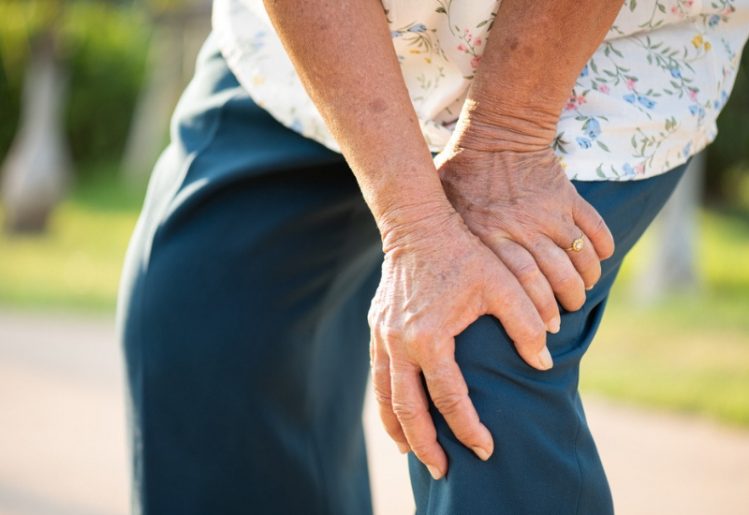 The first step in properly caring for stress and mental health concerns is recognizing the warning signs that you may be headed for distress. While the symptoms differ from person to person, there are some common signs that you should be on the lookout for.
The first step in properly caring for stress and mental health concerns is recognizing the warning signs that you may be headed for distress. While the symptoms differ from person to person, there are some common signs that you should be on the lookout for.
One of the most typical signals of too much stress is body aches and pains. Tension headaches are also a red flag that your body is under too much stress. Other people may experience stomach issues, trouble falling and staying asleep, intense mood swings and skin conditions such as acne flare-ups. Recognizing these cues will help you to ascertain that your body might be struggling and that you need to take action to mitigate the stress.
Nourish Your Body
Good mental health starts with good physical health. You can nourish your soul by nourishing your body with the right foods. Make it a point to eat plenty of antioxidant-rich fruits and vegetables each day. Other foods to include in abundance in your daily diet include lean proteins, whole grains and low-fat dairy products. You should also drink plenty of water to stay hydrated. Avoid trigger foods such as caffeine and alcohol. Specific foods that have been shown to reduce stress include avocados, bananas, leafy greens, fatty fish, green tea and nuts.
Stay Connected to Alleviate Stress and Mental Health Challenges
To cope with the inevitable loneliness that comes with being in isolation, you need to be intentional about staying connected to others. This type of connection can come in many ways. Perhaps it is as simple as picking up the phone to talk to a loved one. Or perhaps plan a happy hour Zoom session with your best friends. Be the first one to reach out to others who you may think need a lift. It will make you feel better in the process. Social media is also a great way to stay connected and make you feel a part of a group.
Look Into Supplements
Chronic stress can extol a beating on the body. Fortunately, there are supplements that you can add to your diet to help you to deal with feelings of exhaustion, stress, anxiety and other mental health challenges. The use of tryptophan has been proven to be effective at combating excessive stress and burnout. Tryptophan can also mitigate depression and lift your mood in a natural way. As a precursor to the neurotransmitter serotonin, the use of tryptophan may naturally promote this “happiness hormone” and reduce levels of stress and depression, proving to be a powerful ally during this unsettling time in history.
Get Moving
Nothing can lift your spirits more than working up a sweat. Even if you are stuck at home, there are still things that you can do to get your body moving. Something as easy as taking a walk around the block will expose you to fresh air and get your heart rate up.
Many fitness providers are also offering free online streaming workouts to help people to cope with not being able to go to the gym. Making a conscious effort to move your body will release feel-good endorphins that will boost your mood and help you to tackle stress and other mental health issues head-on.
Be Kind to Yourself
 Now more than ever, you need to be diligent about practicing self-care. This comes in many different forms, depending on your personal preferences and needs. For some people, this may mean taking the time for a daily nap. For others, it may be buying yourself a bouquet of flowers to brighten your day.
Now more than ever, you need to be diligent about practicing self-care. This comes in many different forms, depending on your personal preferences and needs. For some people, this may mean taking the time for a daily nap. For others, it may be buying yourself a bouquet of flowers to brighten your day.
Other activities to consider include yoga, meditation, listening to calming music and breathing exercises. The goal is to do things that make you happy and boost your mood. Do not feel guilty for an occasional indulgence if it helps you to cope with these challenging times.
Although there is no magic cure for alleviating this stress in your life, you are not powerless in dealing with it. Take control of your mental health and stress during this pandemic by employing these tips to boost your emotional well-being.
 We know that eating nutritious meals is important, because fruits, vegetables and other healthy foods provide
We know that eating nutritious meals is important, because fruits, vegetables and other healthy foods provide 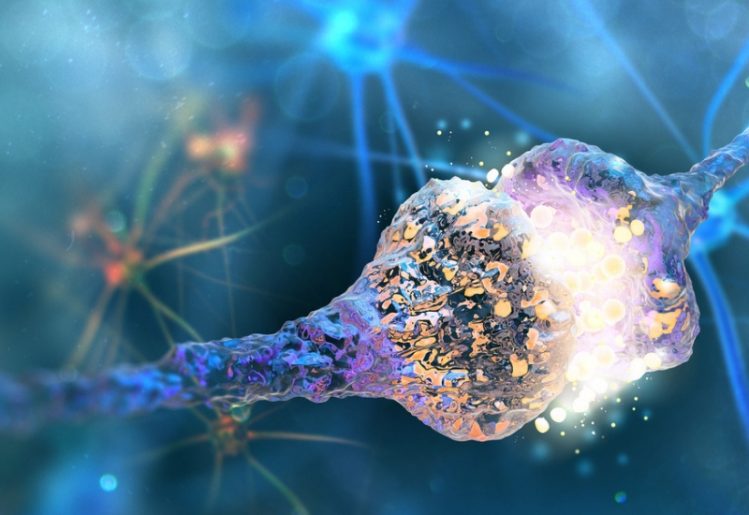 Magnesium is best taken at night, because it helps improve the functioning of the neurotransmitters associated with sleep. Since magnesium compliments zinc, potassium and chlorine, these compounds are also included with the evening dose of Vitachron Male and Vitachron Female.
Magnesium is best taken at night, because it helps improve the functioning of the neurotransmitters associated with sleep. Since magnesium compliments zinc, potassium and chlorine, these compounds are also included with the evening dose of Vitachron Male and Vitachron Female.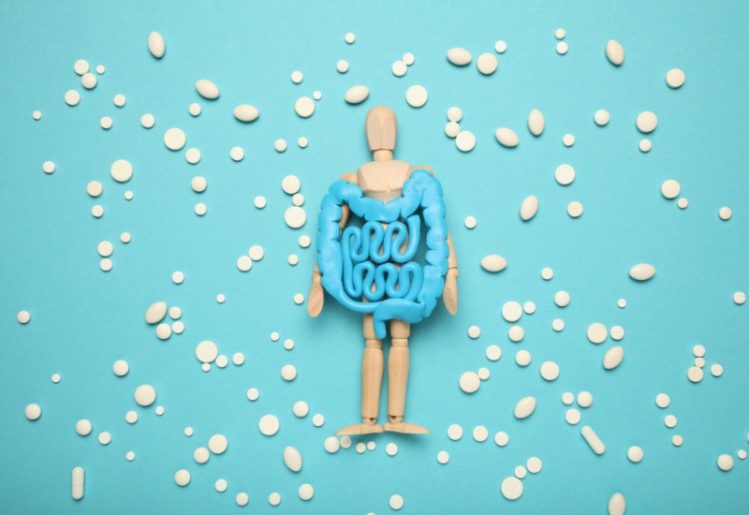 Probiotics are beneficial bacteria that play a host of helpful roles in the human body. While there are hundreds of probiotic supplements on the market today, that wasn’t always the case; in the past, people had to rely on healthy diets to get a good supply of these beneficial forms of bacteria. In addition to modern supplements, probiotics are found in foods like sauerkraut, kimchi, kefir, tempeh and plain yogurt.
Probiotics are beneficial bacteria that play a host of helpful roles in the human body. While there are hundreds of probiotic supplements on the market today, that wasn’t always the case; in the past, people had to rely on healthy diets to get a good supply of these beneficial forms of bacteria. In addition to modern supplements, probiotics are found in foods like sauerkraut, kimchi, kefir, tempeh and plain yogurt.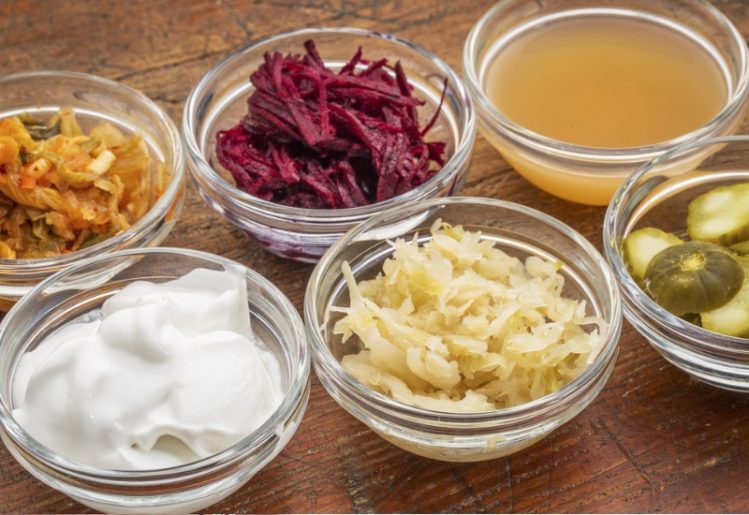 Plain yogurt is made from fermented milk, which means it’s
Plain yogurt is made from fermented milk, which means it’s 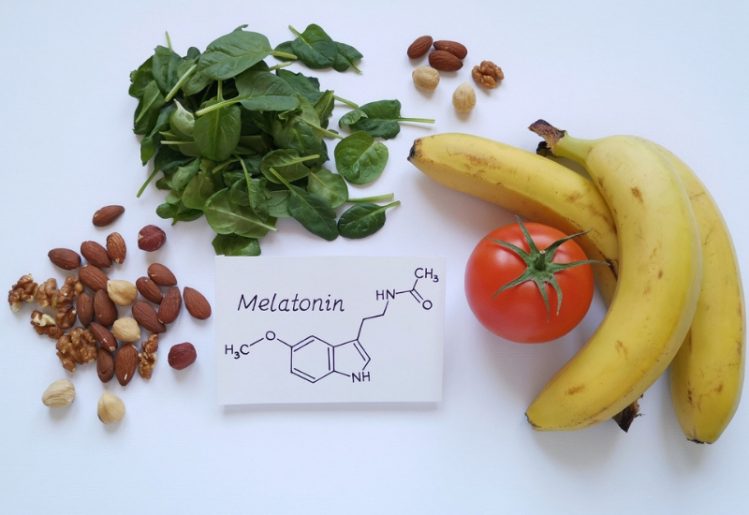 Our brain and body function on a 24-hour biological clock, known as the circadian rhythm, which regulates our sleeping and waking hours. The circadian rhythm relies on the light of the day and the darkness of night as cues to determine when we should be awake and when we should be asleep.
Our brain and body function on a 24-hour biological clock, known as the circadian rhythm, which regulates our sleeping and waking hours. The circadian rhythm relies on the light of the day and the darkness of night as cues to determine when we should be awake and when we should be asleep. Regardless of the hours you work, you should develop a sleep schedule and stick to it all week long. This will help you train your circadian rhythm to adjust to your lifestyle, so melatonin production will coincide with your sleeping hours.
Regardless of the hours you work, you should develop a sleep schedule and stick to it all week long. This will help you train your circadian rhythm to adjust to your lifestyle, so melatonin production will coincide with your sleeping hours.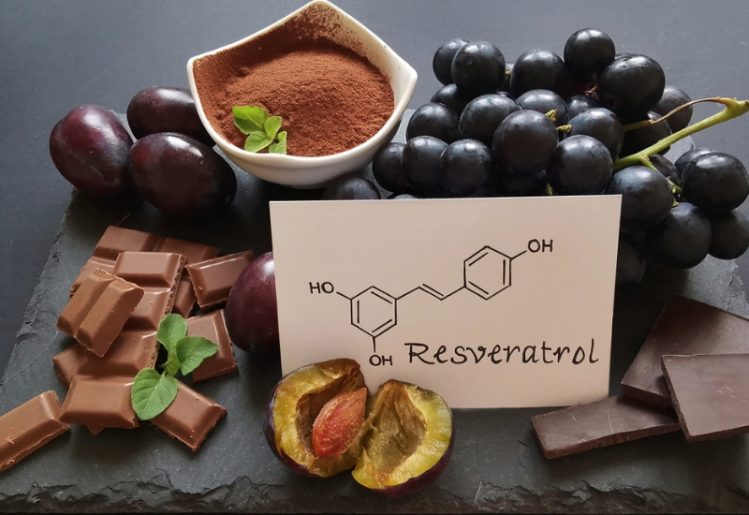 If you haven’t heard of
If you haven’t heard of 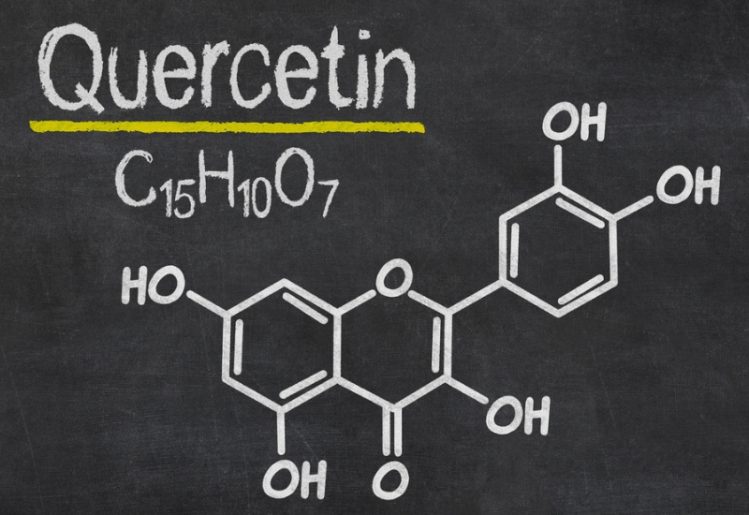 While pomegranate is the most common source of
While pomegranate is the most common source of 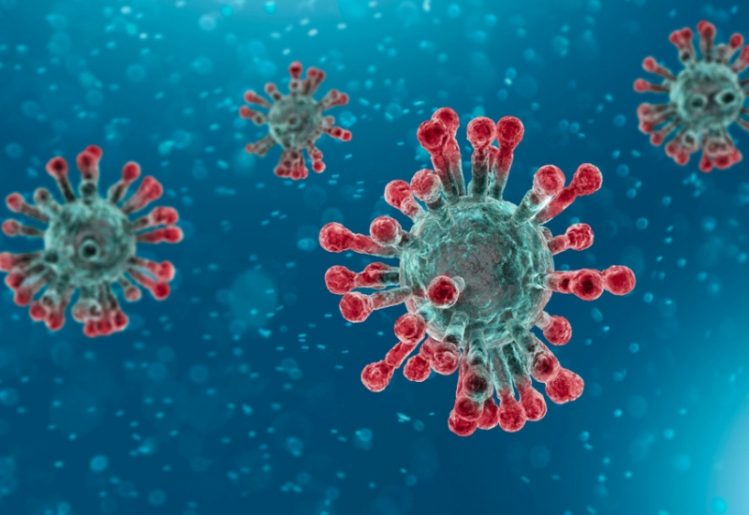 In one case study, researchers at Australia’s University of Melbourne examined the records of an
In one case study, researchers at Australia’s University of Melbourne examined the records of an  When you don’t get enough quality
When you don’t get enough quality